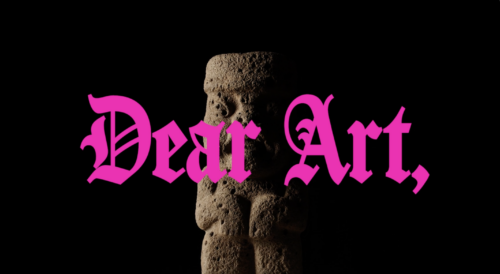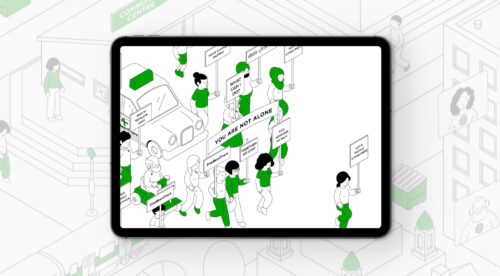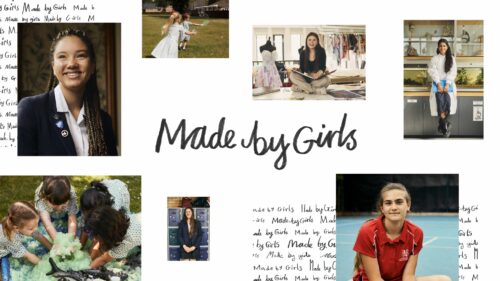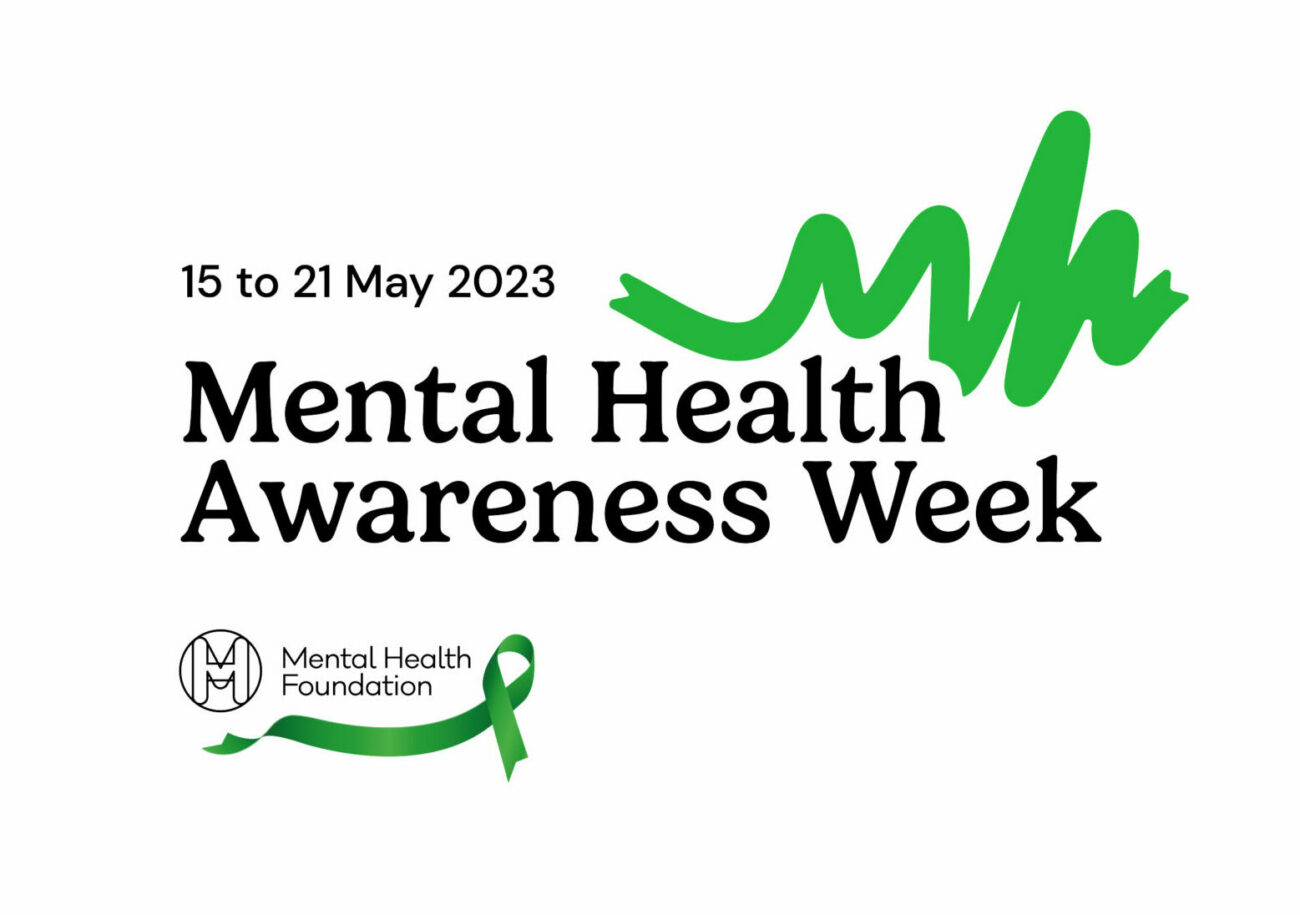
2x
YOY increase in campaign reach
+4%
Rise in brand attribution
x2.7
Over fundraising targets
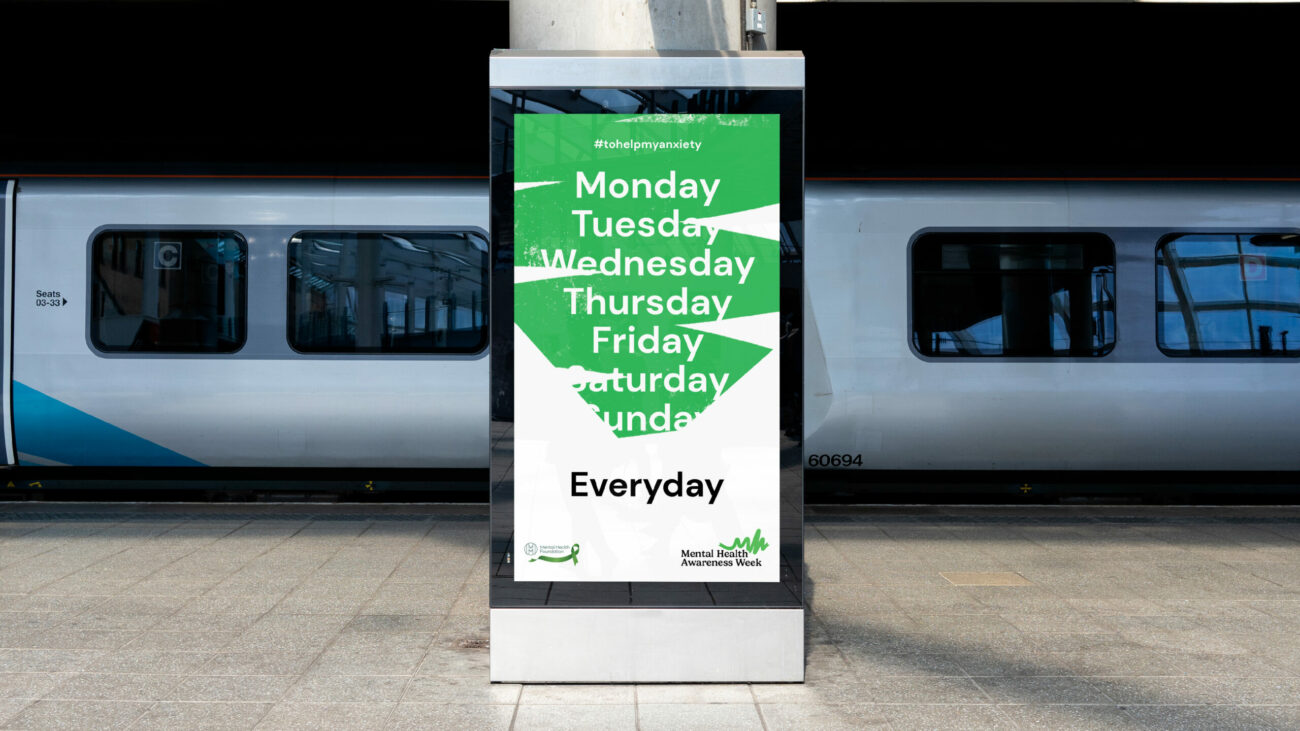
The Brief
The Mental Health Foundation creates reach, conversation, and education on different issues affecting people’s mental health during Mental Health Awareness Week each year – and following on from our record-breaking 2022 results, 2023’s goal was to raise awareness of Anxiety, and also crucial funds for the Foundation’s work. A challenge exacerbated by a disrupted economic climate.
Related to this fundraising effort was an additional goal for this year. Mental Health Awareness Week was launched by the Mental Health Foundation over 20 years ago, but the association between the Foundation and Awareness Week is lost to many. At the centre of this was a new visual identity, and a messaging hierarchy that put the Foundation in the spotlight.
2023’s theme was ‘Anxiety’. Why? Because in the UK, a little over 1 in 10 of us will be living with an anxiety disorder at any one time – that’s over 8 million people.
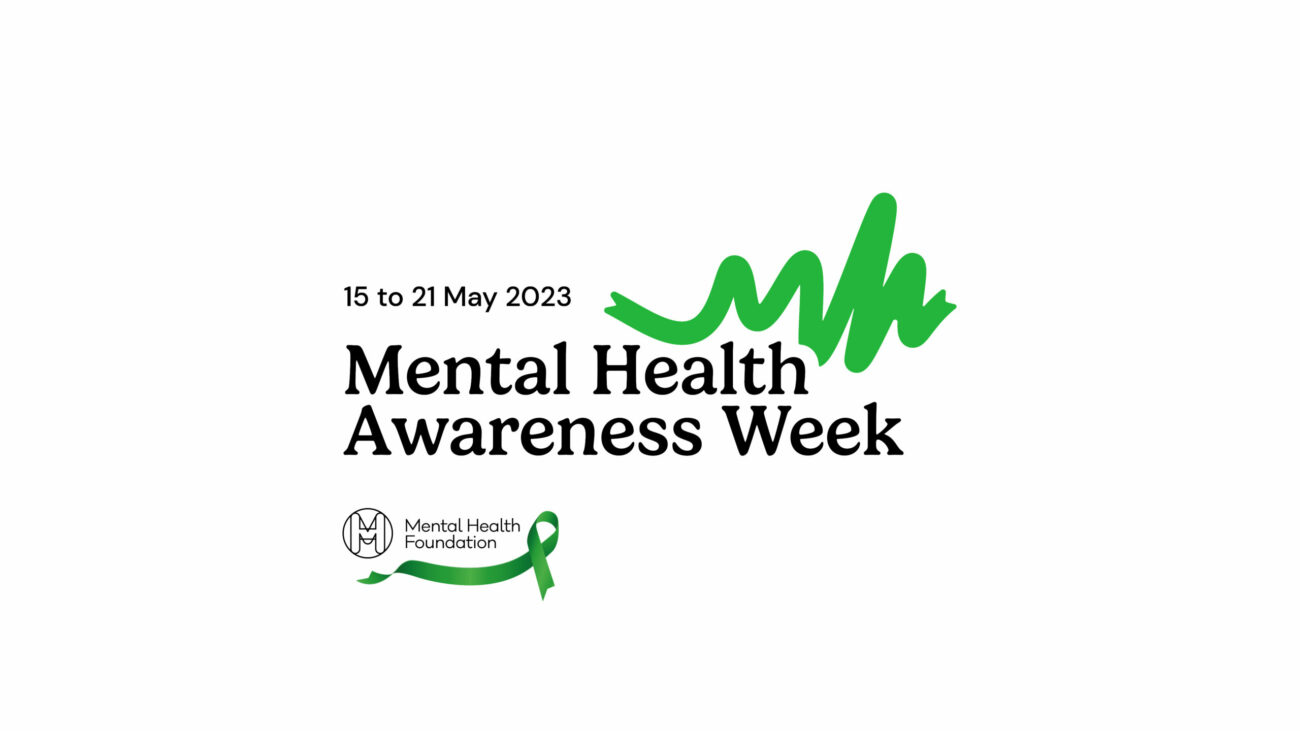
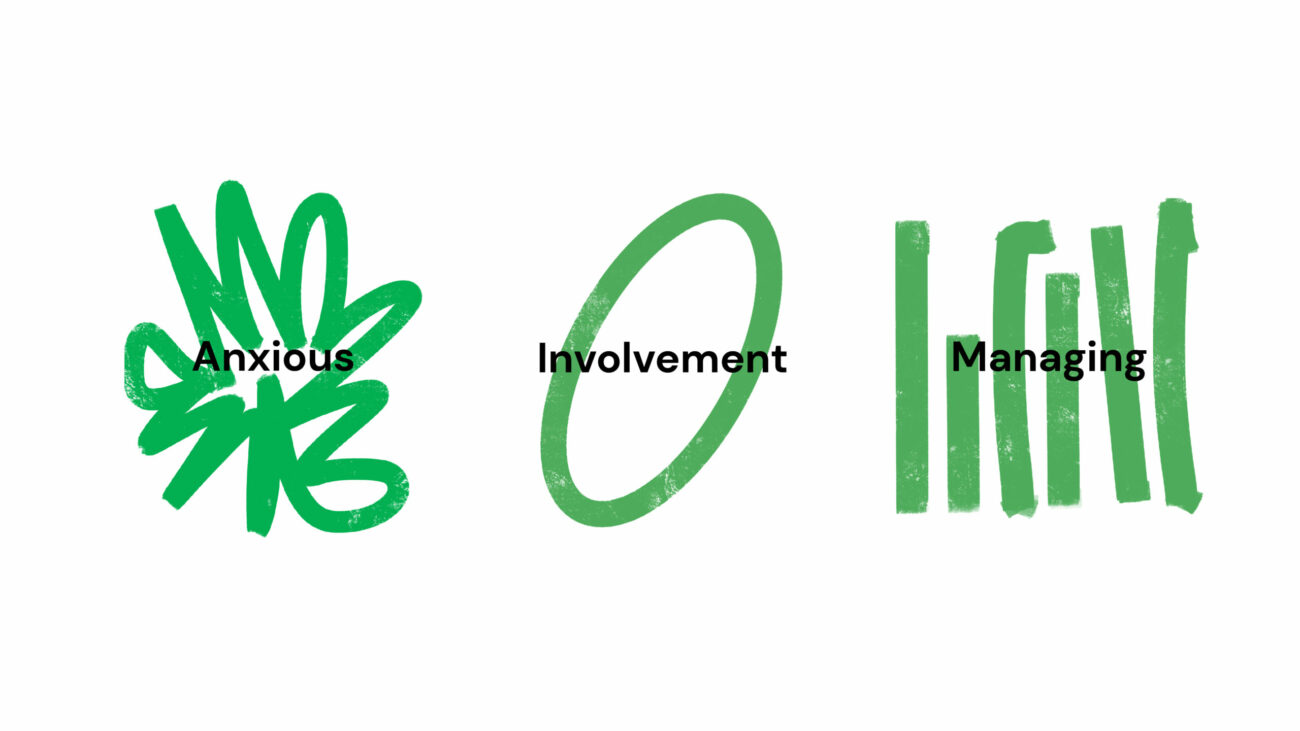
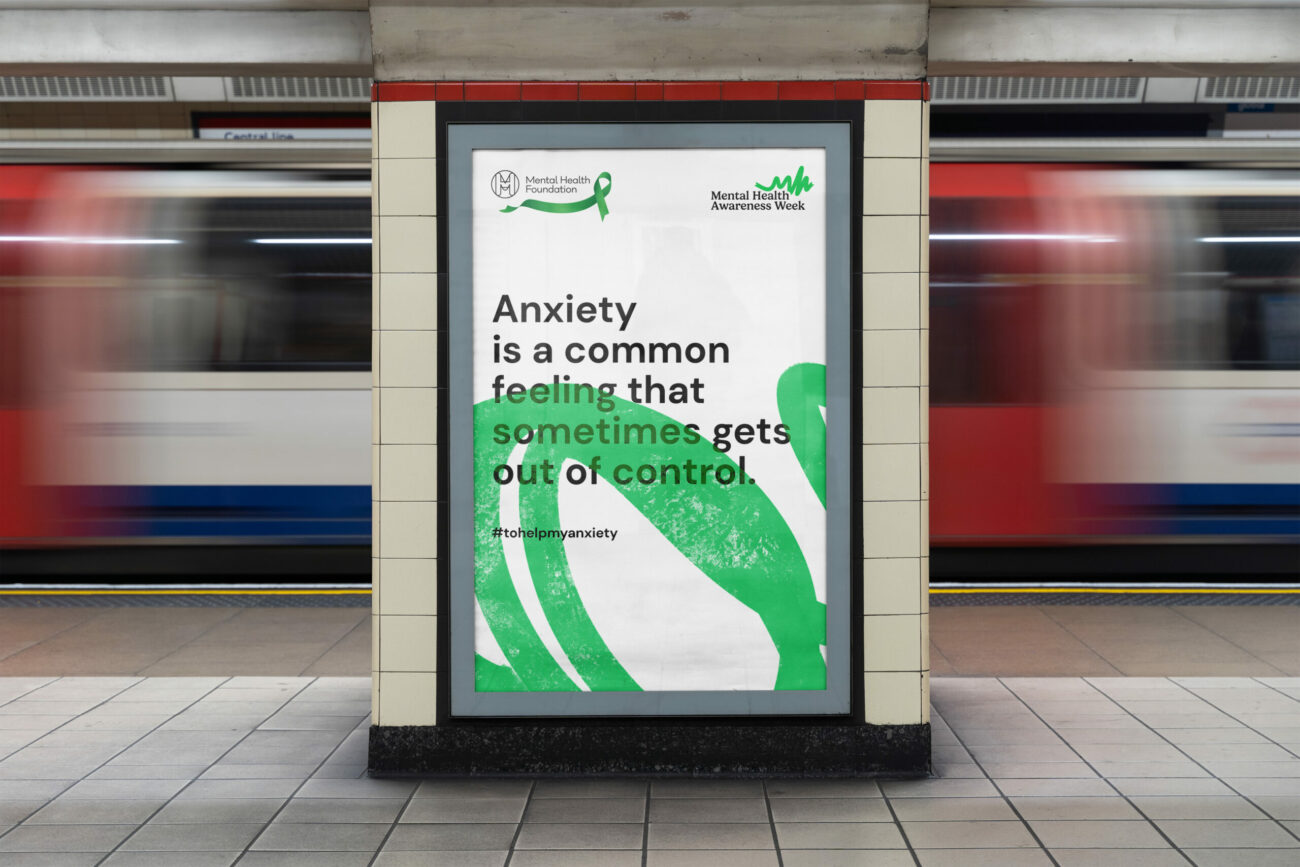
The Challenge
The cost of living crisis has presented a fundraising challenge across the charity sector, but it also links to this year’s theme, with millions of people under financial stress. Generating donations required some creative strategy.
The 2023 ‘Anxiety’ theme also presented a challenge, with a risk of triggering anxiety by talking about it, and putting its causes and effects under a spotlight.
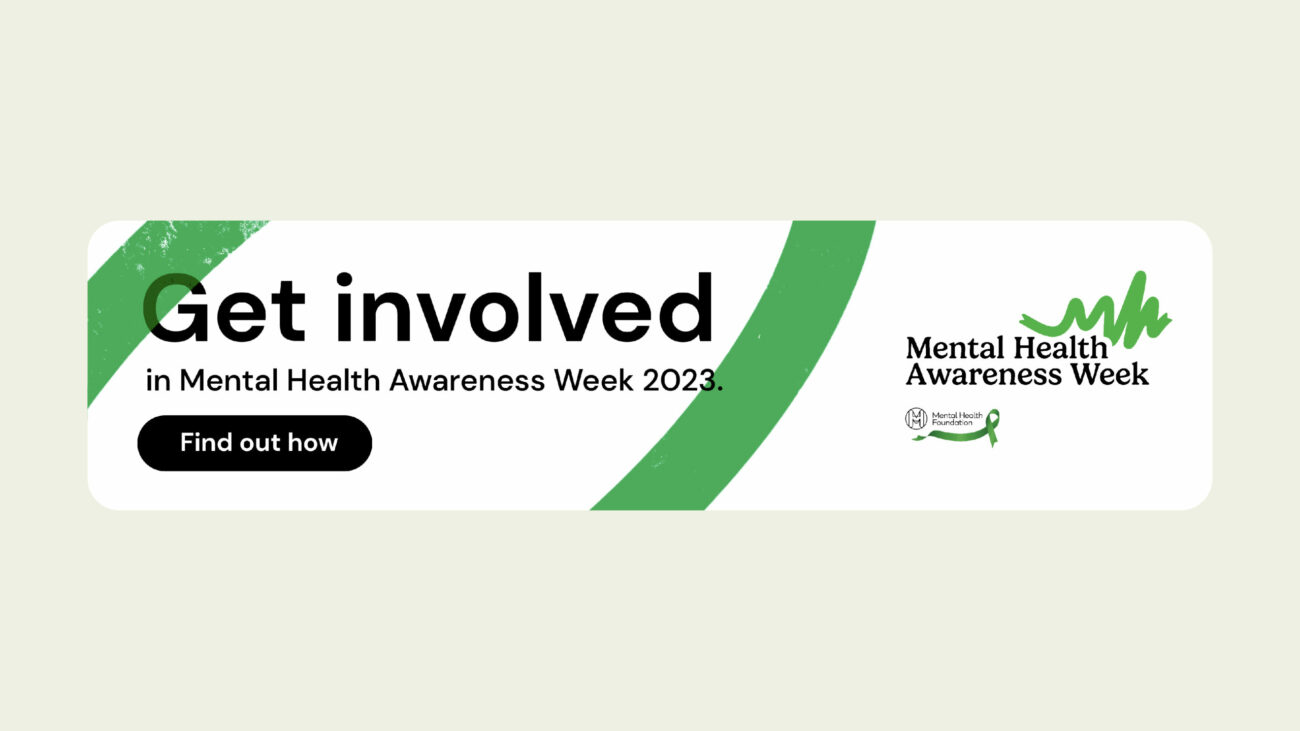
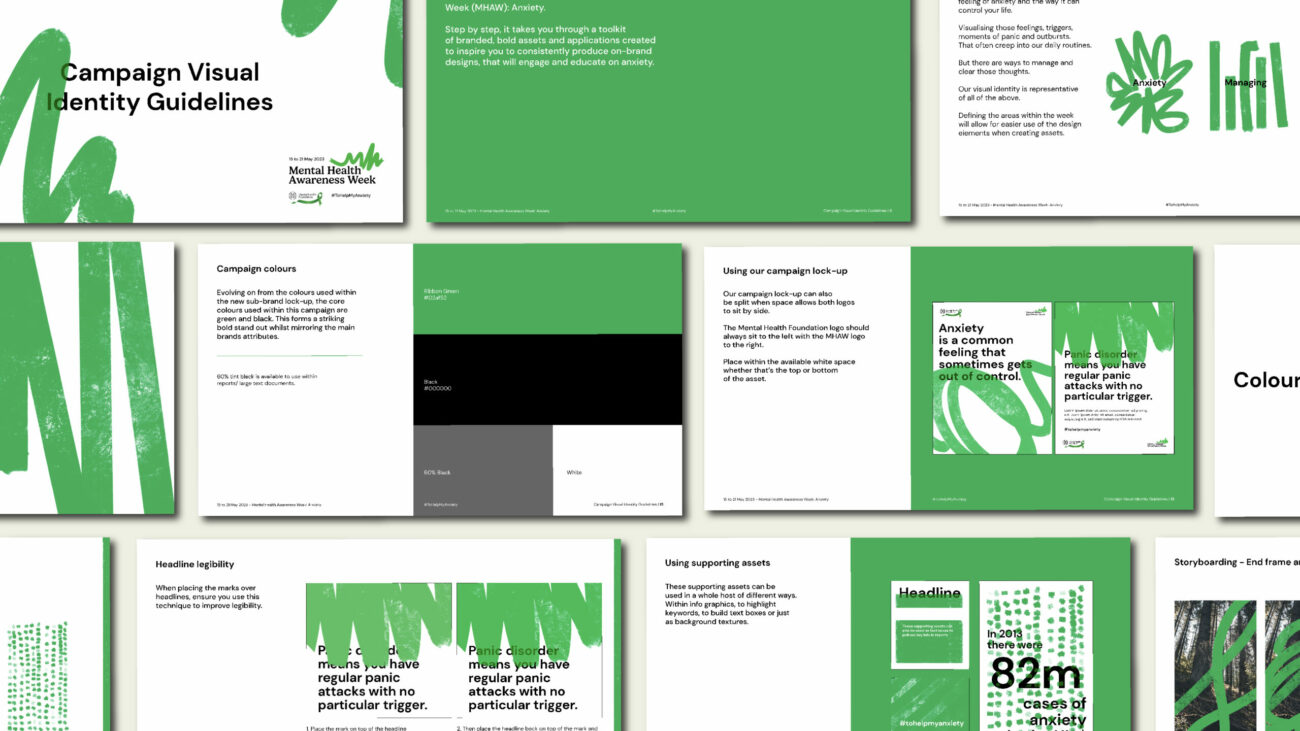
The Solution
We needed to provide positioning sensitive to the topic and climate. To do this, we focused our campaign on facilitating the sharing of stories at scale, reducing stigma, and providing empowerment.
The campaign messaging was rooted in sharing the things we all do to help, with the hashtag #ToHelpMyAnxiety. We recruited ambassadors who were able to share their stories of anxiety, and the ways they’ve coped. Driving an emotional response from our audience to engage with the theme and partake in sharing tips.
Brand attribution
Part of this year’s brief was also to increase awareness of the Foundation behind Mental Health Awareness Week. A new identity allowed us to build on last year’s results and create a stronger visual identity for the campaign. “The concept was to visualise the frustration, the internalisation and out-of-control feeling through seemingly ‘scribbled’, hand-drawn lines. This became the foundation for how we branded the campaign,” says Head of Strategy, Chris Bosher.
Exceeding fundraising targets
Anxiety is a highly relatable topic, but fundraising in the cost of living crisis requires creativity. For the first time, we made direct appeals for donations within our campaign. We communicated them through UGC – with ambassadors and Foundation staff – to elicit a more emotional response.
Messaging hierarchy
Our messaging was about anxiety, but also the connection between Awareness Week and the Foundation. “We needed to make that connection back to the Foundation, and we briefed this into ambassadors and the Foundation for all comms, to create that all-important consistency across messaging,” explains Chris.
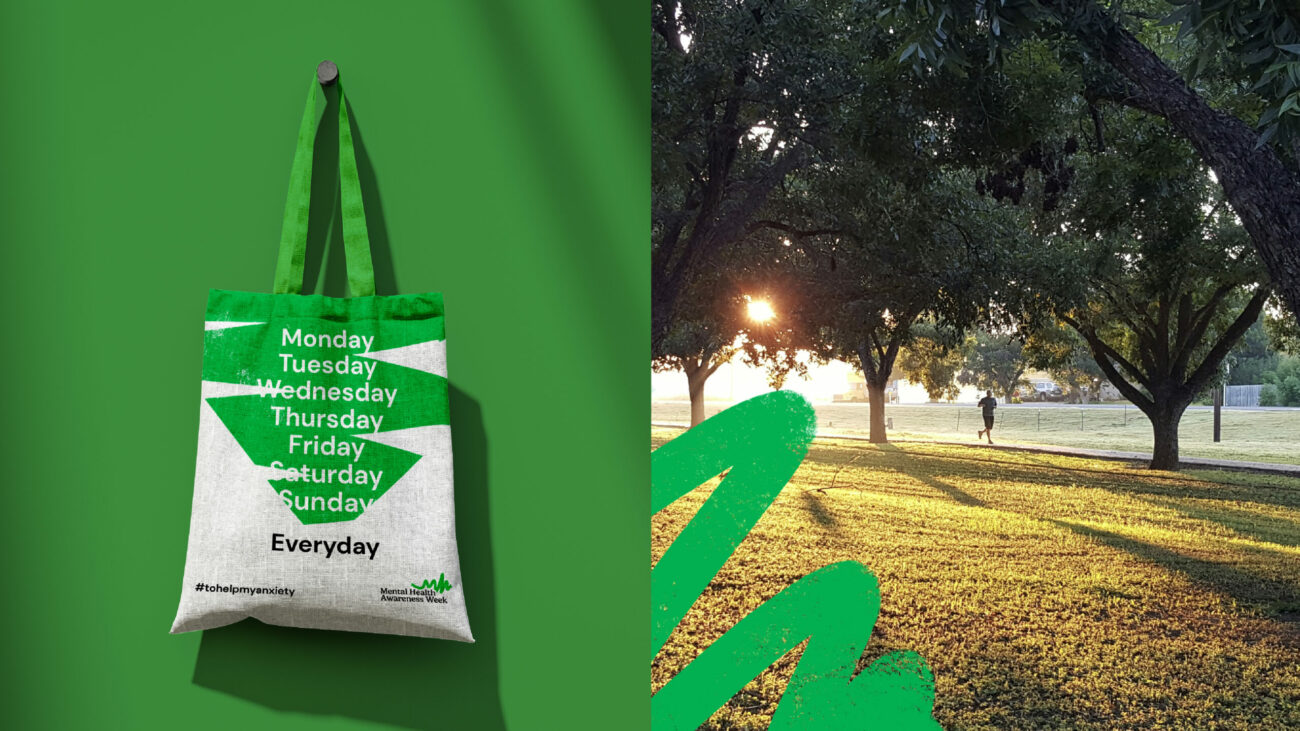
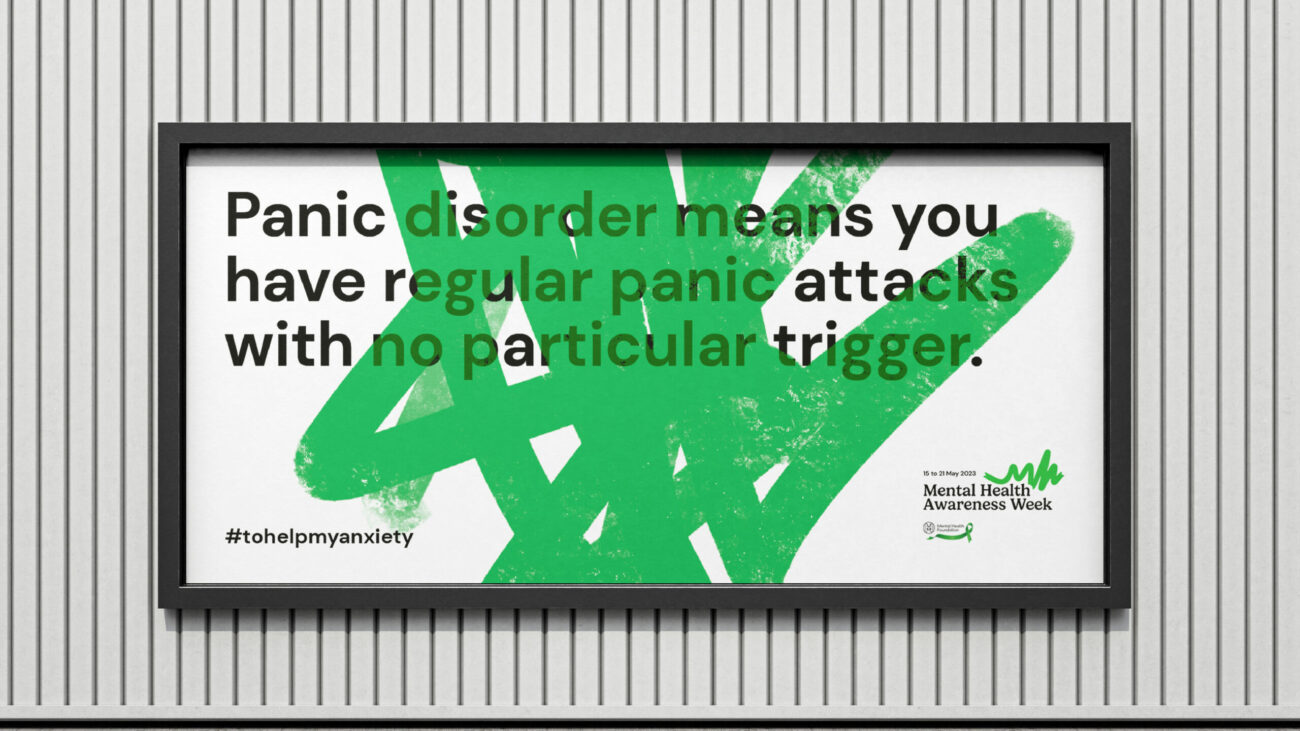
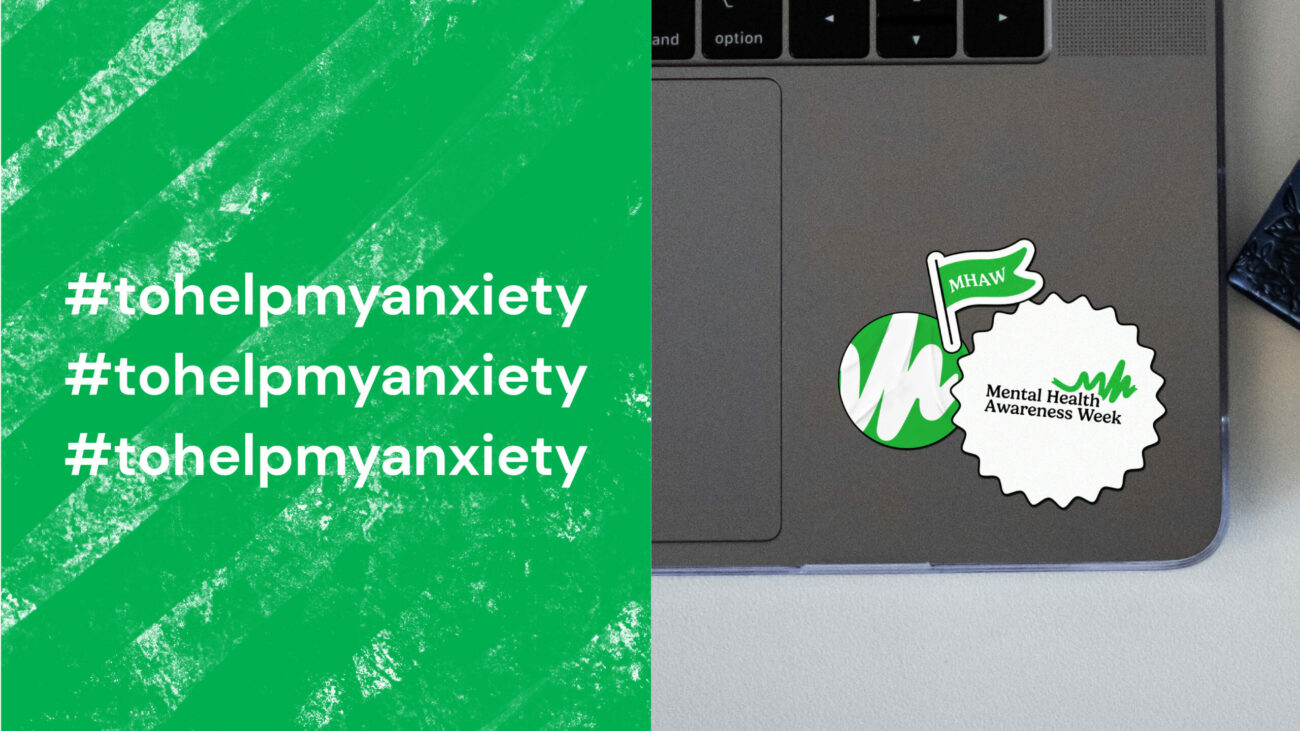
The Results
Building on last year’s record-breaking results, this year’s campaign reached more and raised more.
Building momentum on last year’s campaign, we had two times the campaign reach. We saw a +4% rise in brand attribution – with audiences connecting Mental Health Awareness Week with the Mental Health Foundation. And, crucially, raised 2.7x over the fundraising targets.
